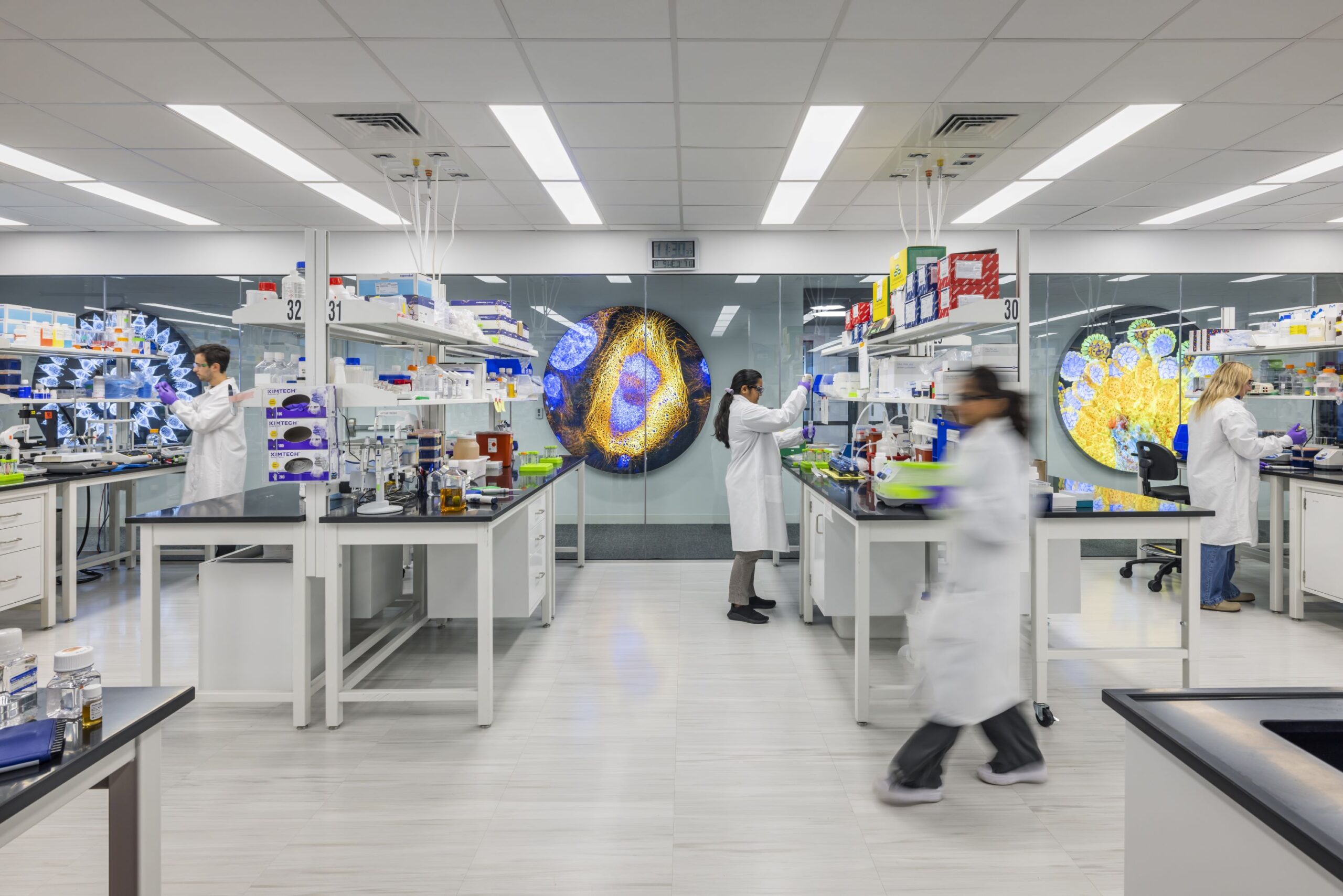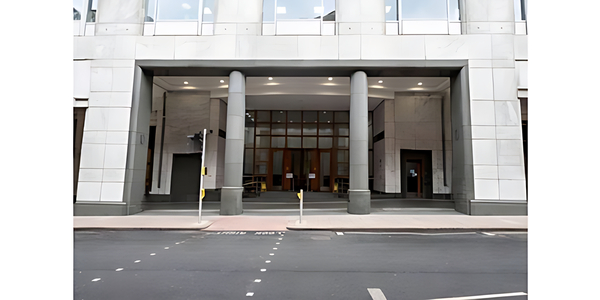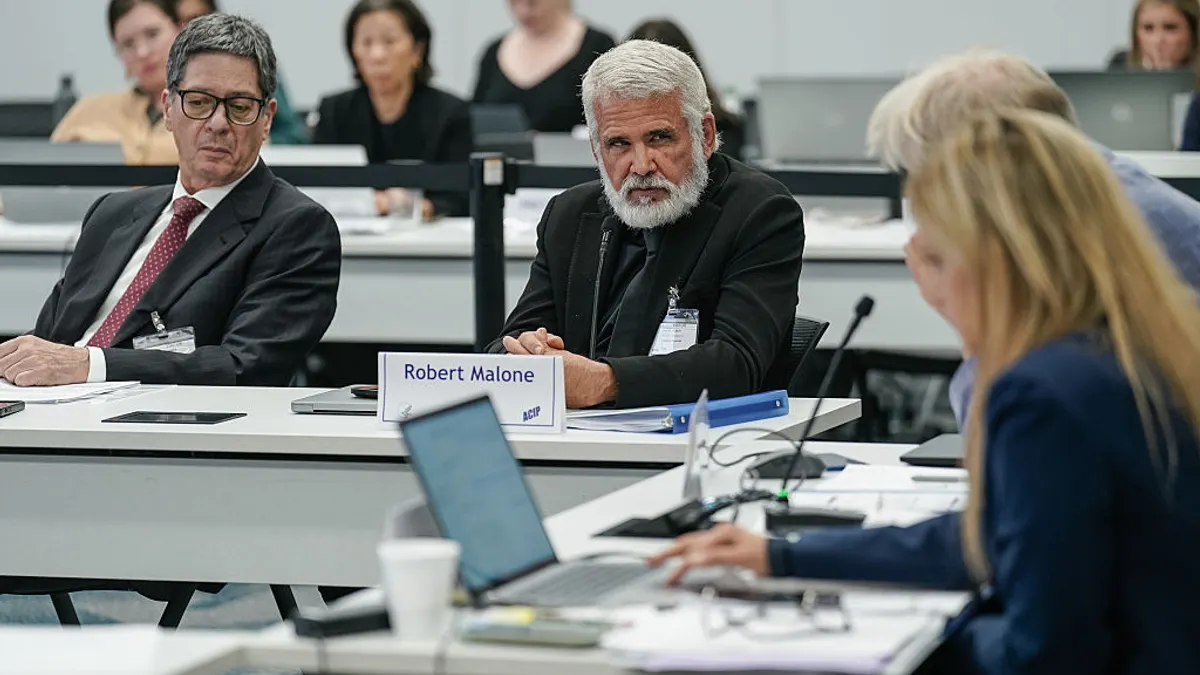Asimov has introduced its AAV Edge Stable Producer system, aiming to overcome the limitations of traditional transient transfection methods in adeno-associated virus (AAV) production. According to Alec Nielsen, PhD, co-founder and CEO, this innovation seeks to elevate AAV manufacturing standards to match those of antibody-based biologics.
The production of high-quality AAV vectors has been hindered by the reliance on transient methods, which necessitate the use of multiple GMP plasmids for each batch. This approach not only escalates costs but also introduces supply chain vulnerabilities, restricts bioreactor scalability, and raises the risk of inconsistent product quality. Nielsen emphasizes that these challenges have made scalable, cost-effective AAV production a pressing need in the gene therapy landscape.
Asimov’s solution involves the stable integration of essential viral genes into the genome of HEK293 cells, resulting in high-titer, clonal producer cell lines. This advancement eliminates the need for expensive GMP plasmids, facilitates easier scale-up in bioreactors, and reduces batch-to-batch variability. The company claims that these stable clones lead to lower manufacturing costs and enhanced product consistency, ultimately paving the way for safer and more effective AAV gene therapies.
The new offering promises to deliver research cell banks within 20 weeks, equipped with the required capsid and transgene. Therapeutic developers will receive clonal, suspension-adapted, fully stable AAV HEK293 producer cell lines capable of producing gene therapies at scale, achieving titers up to 6E15 vg/L prior to purification. Nielsen expresses confidence in the potential of gene therapy, highlighting the importance of stable producer cell lines in advancing the field and improving the scalability, safety, efficacy, quality, and cost of gene therapies.
Open the full market picture for your next decision →



